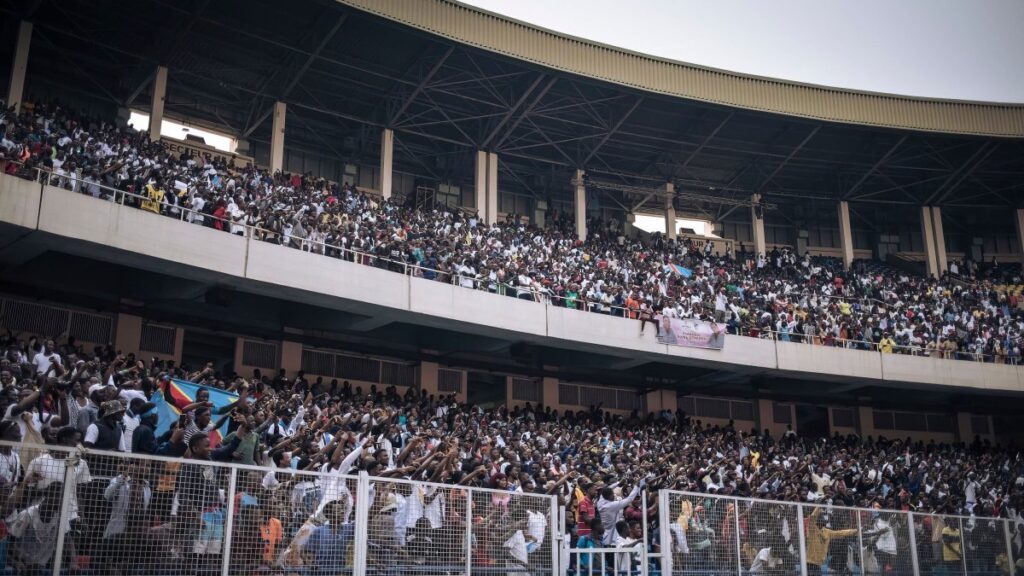CSIS Commentary by Albert Zeufack, Ruxandra Burdescu, Mvemba Phezo Dizolele, James Robinson, and Jonathan Weigel
Published May 23, 2025
With half of Africa’s forests and water resources and trillion-dollar green mineral reserves, the Democratic Republic of the Congo (DRC) is a global player and a “climate solutions country” with a unique role in the world’s future. To reach that potential, the country needs peace and needs to address institutional instability, systemic corruption, and widespread poverty, which impede economic, social, and human development. The DRC is now making headlines as it engages in a complex peace process, following the security crisis in the eastern part of the country in early 2025.
Despite incredible challenges, political processes in Congo over the years reveal a savvy and sophisticated electorate that remains committed to democracy and good governance. Congo’s unique and homegrown citizen engagement mechanisms can help address horizontal and vertical inequities, build legitimacy, and mend the social contract. According to the 2024 BTI report:
. . . there is a vibrant civil society tradition in the DR Congo. . . . During the 1990s, civil society groups, including women’s and student associations, human rights groups, and professionals, as well as church leaders, actively influenced the negotiations and made determined efforts to oust Mobutu from power. Since then, civil society has been more effectively organized compared to other countries in the region.
Inclusive governance and citizen engagement initiatives have long flourished across the African continent. In the DRC, they materialized as informal local governance management and conflict resolution mechanisms, participatory budgeting, or monitoring of key services such as education. Participatory budgeting, for example, allows citizens to be involved in deciding how a defined portion of public resources will be allocated and ensures that public spending follows their priorities. This is especially critical in contexts affected by fragility, conflict, and violence, where citizens distrust the state, such as in the DRC.

